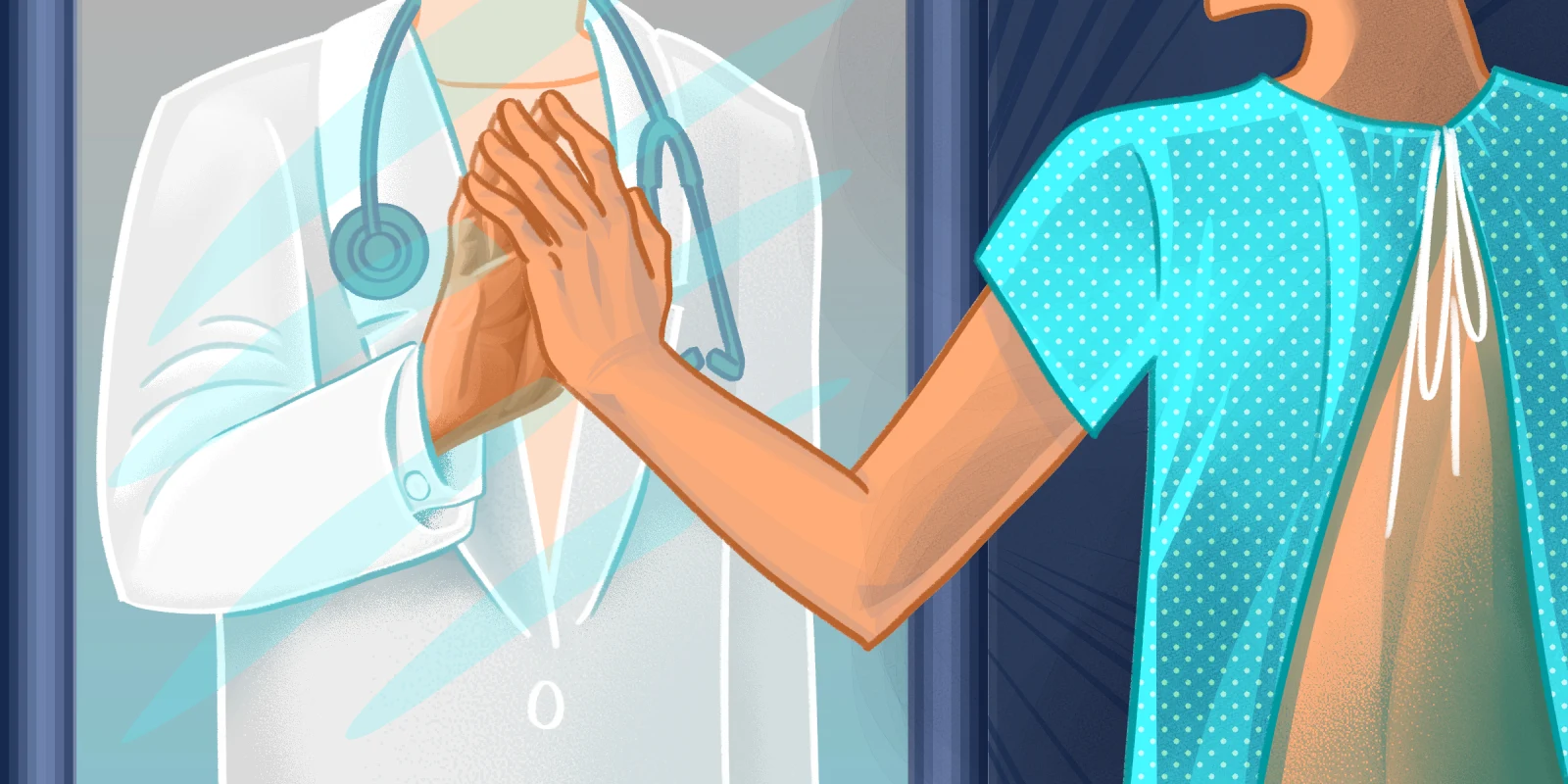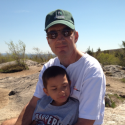Here again, expert overconfidence is encouraged by their (physicians’) clients: Generally, it is considered a weakness and a sign of vulnerability for clinicians to appear unsure. Confidence is valued over certainty, and there is a prevailing censure against disclosing uncertainty to patients. Experts who acknowledge the full extent of their ignorance may expect to be replaced by more confident competitors, who are able to gain the trust of clients. An unbiased appreciation of uncertainty is a cornerstone of rationality – but it’s not what people and organizations want. — Daniel Kahneman, Thinking Fast and Slow
The phenomenon of denying uncertainty is particularly relevant in our current health care climate, especially here in the U.S. Medical uncertainty is an unfortunate reality and limitation of modern medicine that many of us are unaware of and/or in denial about.
On both sides of the patient-physician interaction, we undeniably prefer certainty. It is extremely unsatisfying when even the best of these interactions ends up confirming that certainty cannot be achieved at this very moment. As Jared Diamond wisely pointed out in an otherwise non-medical book, The World Until Yesterday: “Assigning a cause to an illness, even if it’s not the right cause, makes the patient feel better by letting him adopt some action rather than waiting helplessly.”
So, that begs the question: What do we do when faced with medical uncertainty? That is a question that I have personally faced for 50-plus years now as a chronic autoimmune disease patient, while simultaneously asking myself that same question from the physician point of view during my 40-year career as a board-certified emergency physician. My patient “career” began at age 19 with ulcerative colitis. Since then, I have endured 15 hospitalizations, seven extensive abdominal operations, and a mid-career major disabling stroke at age 38, which interrupted my EM career for five years. These experiences enabled me to become thoroughly familiar with patient medical uncertainty.
When asked, I answer that, “No, I did not become a doctor because of my patient experience, but actually more so despite my chronic disease.” While I retired from EM in April 2020, my patient career has not offered a retirement option.
The uncertainties inherent in my patient experiences definitely contributed to my choice of EM as a specialty, believing, with some justification, that there would be less uncertainty and more rapid definitive resolutions there. What I didn’t realize in advance is that in the ED, we are often doing uncertainty at 100 mph and with complete strangers. Don’t get me wrong, we do a bang-up job of it, and I quite often enjoy the challenge.
But many illnesses and diseases don’t benefit from the 100 mph with strangers model, and are more effectively addressed with continuity of care in a sustained patient-physician relationship (one modeled on a mutually involved and trusting “partnership,” I would argue), and one with statistically proven reductions in mortality.
As physicians we can make the mistake of seeking relief from our own uncertainty by appearing overly dogmatic in our confidence. As patients, although we need to be confident that we are being fully heard by our physicians, we should not be asking for our physicians to be immediately convinced of our own point of view without bringing their own experience, judgment, and expertise to the task. Various inherent cognitive frailties (post-hoc fallacy, confirmation bias, etc.) may lead us as patients to reflexively favor our own conclusions and self-care methods, when a physician may simply be legitimately trying to communicate a different, often more science-based, point of view to us.
In my patient experience, the prevailing explanation of the time was that ulcerative colitis was a psychosomatic entity, which I found not credible or satisfying. It was ultimately proven to be an autoimmune process; an explanation compatible with my subsequent coagulopathy induced stroke, as well as my current autoimmune hepatitis variant, primary sclerosing cholangitis.
My EM experience has proven that what our current health care system effectively ends up saying to us throughout our training and work is, “So, do you have all that stuff down now about the pathophysiology of disease processes, along with the difficulty of communicating with patients and hearing what it exactly is that they are trying to say to you; as well as sussing out the differences between psychosocial processes that are masquerading as biomedical disease and/or biomedical diseases masquerading as psychosocial processes? OK then, let’s proceed. Here’s the kicker! We are now NOT going to allow you anywhere near sufficient time or resources to apply all of that learning in a compassionate and just plain humane way with your patients! Why would we even consider doing such an inhumane thing, you might rightly ask? Don’t be obtuse … for the obvious reason that ‘time is money,’ which has been known for ages. Get with the program!”
In our struggle to resolve uncertainty as physicians, we are susceptible to these market forces which demand that we be “productive” or lose our jobs. This, despite the fact that there are no “products” in the patient-physician interaction, since we are in the righteous business of assisting suffering individual humans to reduce their suffering and feel more “whole.”
I believe that the monumental task we must undertake as patients and physicians is to interact rationally and honestly, while overtly acknowledging the limitations of what we can and can’t know with certainty, and still contribute to the healing of illness and disease. If we fail to achieve that and continue on our current path, we are committing a form of slow-motion national health care suicide, as trust within the patient-physician relationship progressively erodes.
What experience do you have as a patient? Share how it's helped you as a doctor in the comments.
Drew Remignanti, MD, MPH, writes from the dual perspective of a 40 year career emergency physician and of a 50 year career chronic autoimmune disease patient. He considers himself well educated by Dartmouth College, Rutgers Medical School, the Medical College of Wisconsin, as well as 15 hospitalizations, seven abdominal surgeries, and a major disabling stroke in 1982 at age 38. He is the author of The Healing Connection: A Partnership for Your Health.
Illustration by April Brust







